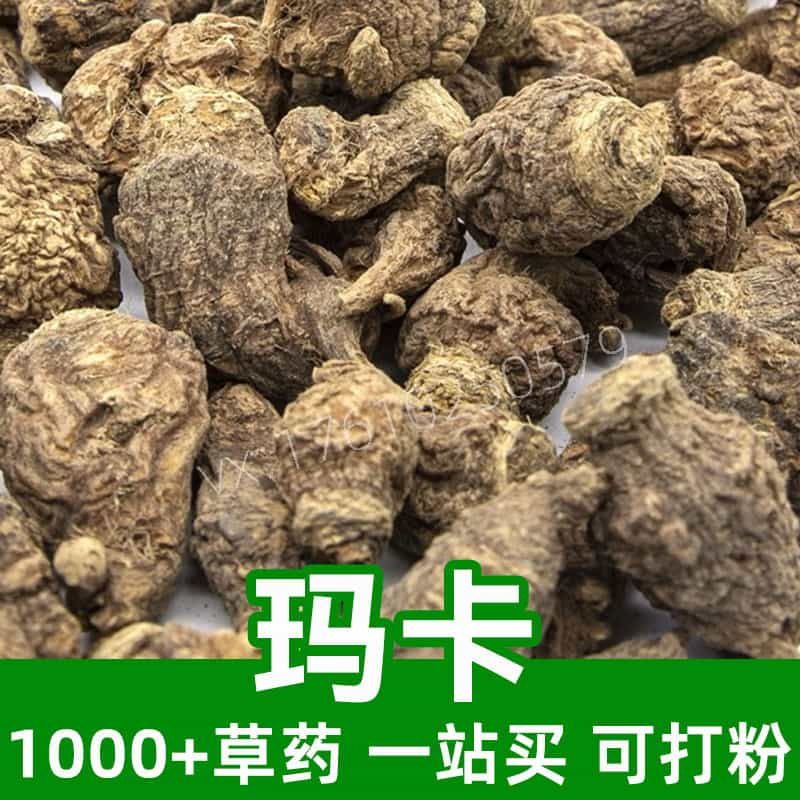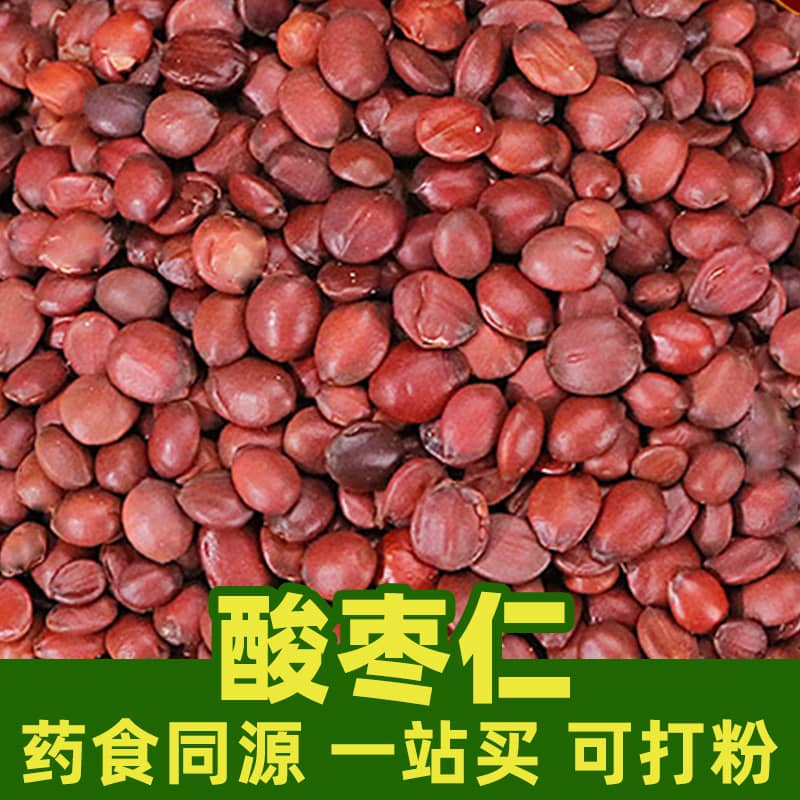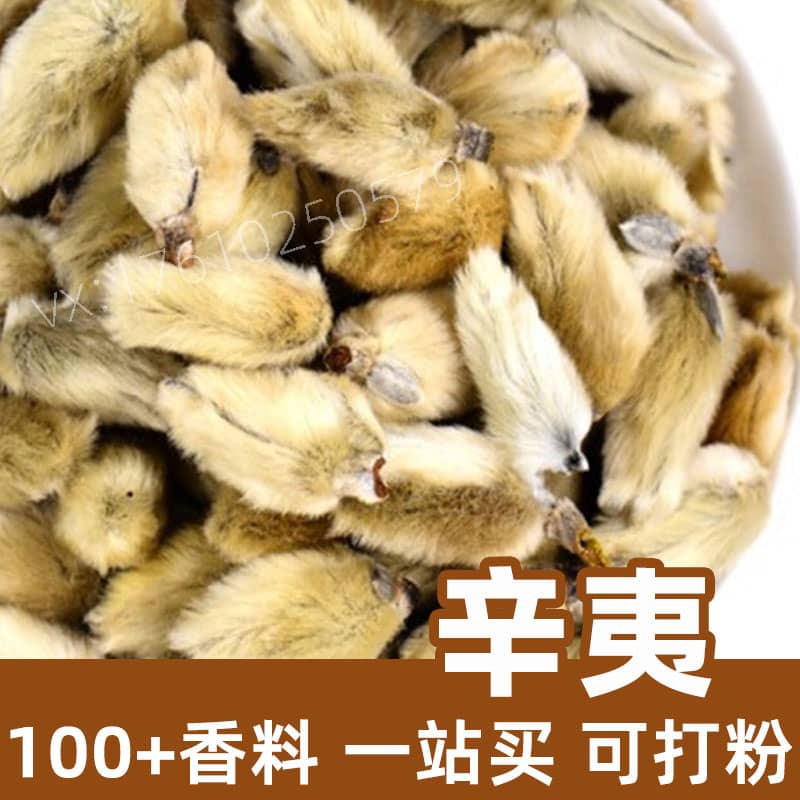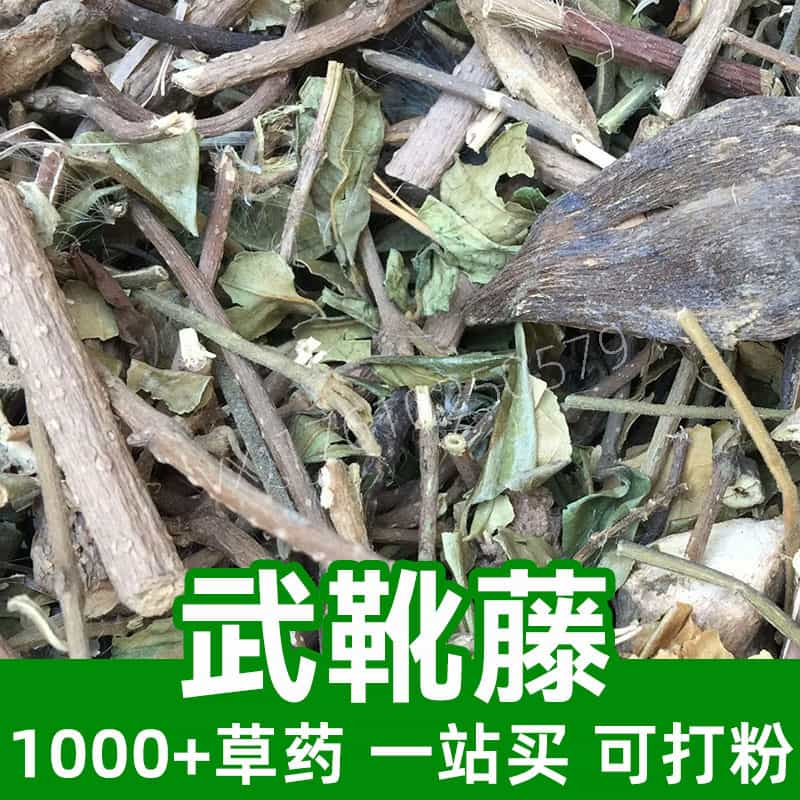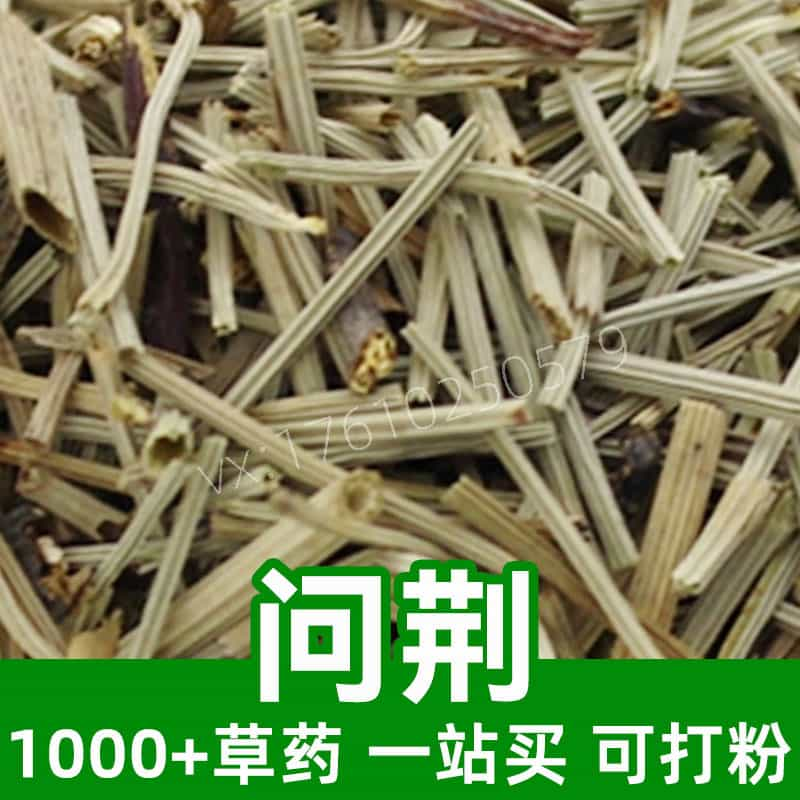Melon Seed Gold Product Introduction
Golden Melon Seed, also known as Gourd Seed Gold or Golden Melon Seed, is a common Chinese medicinal material, mainly derived from the mature fruit seeds of the Trichosanthes plant. Its main ingredients include nutrients such as protein, fat, carbohydrates and vitamins. Melon Seed Gold is widely used in traditional Chinese medicine, and is often used to clear heat and detoxify, moisten the lungs and relieve cough, reduce swelling and promote diuresis. As a Chinese medicinal material, Melon Seed Gold has a wide range of medicinal value and is commonly found in Chinese medicine prescriptions. In practical applications, Melon Seed Gold can be decocted, fried or used as a medicinal soup to achieve the purpose of conditioning the body and improving health.
Main active ingredients of Melon Seed Gold
As a Chinese medicinal material, Melon Seed Gold's main active ingredients include a variety of nutrients and medicinal ingredients, with a variety of functions and effects.
- Protein: Melon Seed Gold is rich in protein, which is one of the nutrients necessary for human growth and development and maintaining normal physiological functions, and plays an important role in the repair and growth of muscle tissue.
- Fat: Contains a variety of unsaturated fatty acids, such as linoleic acid and linolenic acid, which help regulate blood lipids and protect cardiovascular health.
- Carbohydrates: It is an important source of energy for the human body. Melon seeds contain an appropriate amount of carbohydrates, which can provide energy and maintain normal body function.
- Vitamins: Melon seeds are rich in vitamins, such as vitamin E, vitamin B group, etc., which have antioxidant and metabolic effects, and help maintain skin health and normal nervous system function.
- Minerals: Including calcium, iron, zinc and other trace elements, which help maintain bone health, promote blood circulation and immune function.
- Flavonoids: It has antioxidant, anti-inflammatory, antibacterial and other effects, which helps improve the body's resistance and reduce inflammatory reactions.
- Saponins: It has diuretic, anti-inflammatory, antibacterial and other effects, and can be used to treat edema, infection and other diseases.
- Polysaccharides: It has the functions of regulating immune function, anti-tumor, anti-oxidation, etc., which helps to enhance the body's immunity and disease resistance.
- Volatile oil: It contains a variety of volatile compounds, which have the functions of clearing away heat and detoxification, dispelling wind and cold, and is often used to treat colds, rheumatism and other diseases.
- Mucus: It has a protective and moisturizing effect, protects the respiratory and digestive tract mucosa, and helps to improve symptoms such as dry lungs and coughs.
In summary, melon seeds contain a variety of nutrients and medicinal ingredients, have a variety of functions and effects, are often used in the field of traditional Chinese medicine, and can be used as a natural health product for both medicine and food.
Application scenarios and usage and dosage of melon seeds
Melon seeds are widely used in the fields of traditional Chinese medicine and food. Their usage and dosage vary depending on the purpose. The following will focus on their application and usage and dosage in these two fields.
- Application in Traditional Chinese Medicine:
- Heat-clearing and detoxification: Melon seeds have the effects of clearing heat and detoxification, removing dampness and dispersing cold, and are often used in traditional Chinese medicine to treat rheumatic joint pain, colds and fever and other symptoms.
- Diuretic and detumescence: The saponins it contains have a diuretic effect and can be used to treat symptoms such as edema and lymphadenopathy.
- Expectorant and cough-relieving: Melon seeds have a protective effect on the respiratory tract and can be used to treat symptoms such as cough and sore throat.
- Immune regulation: Polysaccharides have the effect of regulating immune function and can be used to enhance the body's immunity and prevent infectious diseases.
- Food application:
- Health food: Melon seeds are often used as food additives to make health foods, which have the effect of enhancing physical health and improving immunity.
- Cooking use: Melon seeds can be added to various cooking methods, such as stewing soup, cooking porridge, cooking, etc., which can not only increase the nutritional value of food, but also give food a unique aroma.
- Tea beverage: Grind the melon seeds into powder and add it to tea beverages to increase the taste and nutritional value of the tea.
- Usage and dosage:
- Chinese herbal decoction: Melon seeds can be combined with other medicinal materials and taken as a decoction. The general dosage is 10-30 grams, which can be adjusted as appropriate depending on the specific symptoms.
- Food additives: In the process of making health foods or cooking, add melon seeds according to personal taste and needs. The general daily intake does not exceed 10 grams.
In general, melon seeds are widely used in traditional Chinese medicine and food. The appropriate usage and dosage can be selected according to specific symptoms and needs. At the same time, there is also great room for development in food additives.
Introduction to the source plant, distribution and growth environment of melon seeds
Melon seeds are a medicinal plant. Its source plant is melon leaf vine (scientific name: Cucumis melo L. var. agrestis Naudin), which belongs to the genus Cucurbitaceae. The following is an introduction to the plant from which the melon seed gold comes, its distribution and growth environment:
- Plant introduction:
- Melon leaf vine is an annual vine herb with vine-like stems, thorny hairs on the stems, heart-shaped or palm-shaped deep-lobed leaves, small and yellow flowers, spherical fruits, angular peels, and dark green flesh.
- Distribution:
- Melon leaf vine is native to southern China and is distributed in provinces such as Jiangsu, Zhejiang, Fujian, Guangdong, Guangxi, and some mountainous areas in Yunnan and Guizhou.
- In addition, melon leaf vine is also distributed in Southeast Asia, such as Vietnam, Laos, Thailand and other countries.
- Growth environment:
- Melon leaf vine likes a warm and humid climate and is adapted to an environment with plenty of sunshine and rain.
- It is not strict with soil requirements, but likes loose, fertile, well-drained soil, and has a certain adaptability to acidic and alkaline soils.
- During the growth period, the melon leaf vine has high requirements for temperature. The suitable growth temperature is 20-30 degrees Celsius. Too low or too high temperature will affect its growth and development.
- Growth habits:
- The melon leaf vine is a sun-loving plant. It needs sufficient sunlight during its growth period, which is conducive to its normal growth and flowering and fruiting.
- It is a climbing plant and usually needs support for climbing, such as racks, bamboo poles, etc.
- In a suitable growth environment, the melon leaf vine grows rapidly, the stems spread, the leaves are lush, the flowering period is long, and the fruits are abundant.
In general, the melon leaf vine, as the source plant of melon seeds, is widely distributed in southern China and Southeast Asia. Its growth environment is mainly warm and humid climate and fertile soil. It is a medicinal plant with good growth habits.
Harvesting, processing, storage and preservation of melon seeds
The harvesting, processing and storage of melon seeds are important links to ensure its medicinal quality and preservation. The following is an introduction to the relevant content:
- Harvesting time:
- The harvesting time of melon seeds is generally after the fruit of the plant matures and the fruit is golden yellow. The skin of the mature fruit becomes hard and the flesh has fully developed. Harvesting at this time can obtain higher medicinal ingredients.
- Harvesting method:
- Be careful to pull gently when harvesting to avoid damaging the fruit. You can use scissors or cut the fruit by hand to keep the fruit intact as much as possible.
- It is also necessary to pay attention to avoid damaging the plant when harvesting to avoid affecting the growth of the next season.
- Processing process:
- After harvesting, wash the melon seeds to remove impurities and dust on the surface.
- Then dry the washed fruit or dry it in the shade to reduce the moisture content and improve storage stability.
- Storage and preservation:
- After processing, melon seeds are usually stored in dry form, which can be placed in ventilated and dry containers and stored in a cool, dry and ventilated place.
- Avoid direct sunlight and high temperature environment to prevent it from getting damp and moldy or reducing its efficacy.
- During storage, regularly check the dryness and appearance of melon seeds for abnormalities. If abnormalities are found, they should be handled or the container should be replaced in time.
- Precautions:
- Melon seeds should be stored separately from other medicinal materials during storage to prevent odors from interfering with each other.
- Avoid moisture, insect pests and mold contamination, and keep them dry and clean.
- If not used for a long time, it is recommended to turn the melon seeds regularly to maintain its quality and efficacy.
In general, the harvesting, processing and storage of melon seeds require attention to details to ensure that they maintain good quality and efficacy. Correct handling methods can extend their shelf life and ensure that they can achieve the best medicinal effect when used.
Monica Sun is a seasoned expert in the natural raw materials industry, with over a decade of experience specializing in traditional Chinese medicinal herbs, spices, and fungi. She is skilled in the sourcing, processing, and application of these materials, emphasizing sustainability and innovation. Monica Sun has contributed to the development of high-quality natural raw materials that serve as essential components in functional foods, pharmaceuticals, and cosmetics, delivering tailored solutions to meet diverse market needs.









